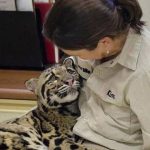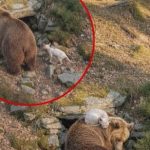Speak Out for Those Who Cannot Speak: A Call to Action for Wildlife Protection

Speak Out for Those Who Cannot Speak: A Call to Action for Wildlife Protection
“The least I can do is speak out for those who cannot speak for themselves.” – Jane Goodall
These wise words by renowned primatologist Jane Goodall resonate deeply with our shared responsibility to protect the natural world. Goodall’s lifelong passion for animals and conservation has sparked a movement, reminding us all that every living being, no matter how small or seemingly insignificant, deserves respect and protection. Her dedication serves as a powerful call to action, urging us to take meaningful steps to ensure the survival and wellbeing of wildlife and the environment.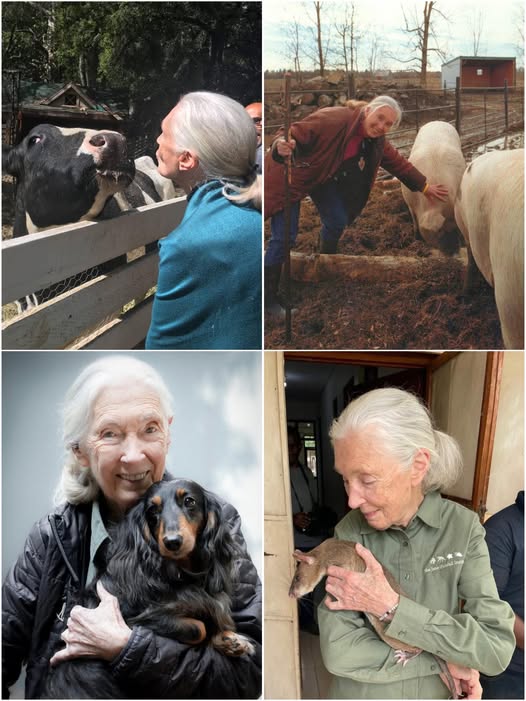
The Power of Small Actions
While large-scale initiatives are critical to preserving the environment, it is the small, everyday actions that have the most profound collective impact. Each one of us has the power to make a difference, whether through volunteering, spreading kindness, or creating spaces that nurture wildlife. The first step in this process is recognizing the urgency of the situation—wildlife around the world is facing unprecedented threats due to habitat destruction, pollution, climate change, and poaching. These challenges can feel overwhelming, but when combined, small actions become powerful forces for positive change.
Ways to Get Involved
-
Joining Wildlife Protection Activities:
There are many organizations and local initiatives that actively work to protect wildlife and their habitats. By volunteering or donating to these causes, you can directly contribute to their efforts. Whether it’s participating in wildlife monitoring programs, supporting anti-poaching efforts, or assisting with wildlife rescue operations, your involvement can make a meaningful difference. -
Creating Habitats at Home:
You don’t have to travel far to make an impact. Simple steps like planting native plants, trees, and flowers in your garden can help create safe havens for local wildlife. Consider building a “bug hotel” or installing bird feeders to support insects, birds, and other small creatures. These small habitats provide crucial shelter and nourishment for various species, contributing to biodiversity conservation.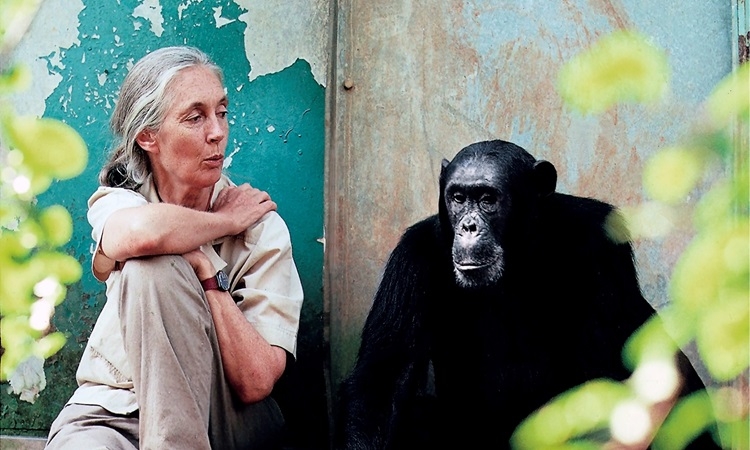
-
Spreading Messages of Love and Respect for Nature:
Advocacy and education are essential tools in fostering a culture of respect for all life. Share messages of environmental responsibility and kindness toward animals through social media, community gatherings, or even in conversations with friends and family. By promoting awareness, we encourage others to adopt similar practices, creating a ripple effect of positive change. -
Supporting Sustainable Practices:
One of the most effective ways to protect wildlife is by choosing sustainable practices in our daily lives. Support eco-friendly products, reduce waste, and choose sustainable, ethical food sources. By consuming mindfully, we reduce our ecological footprint, which directly benefits the animals and ecosystems we strive to protect.
Building a Planet Where Every Life Matters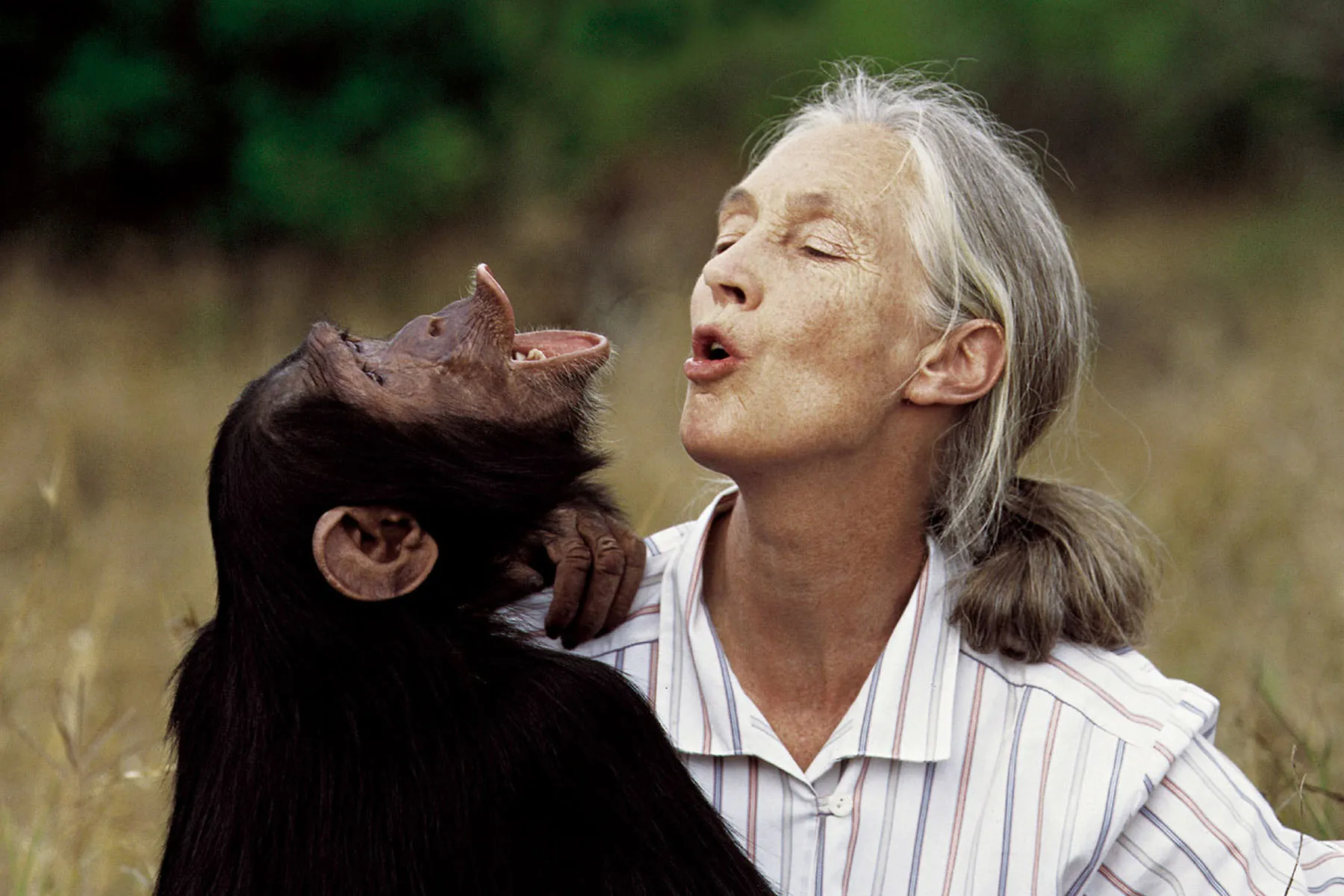
The journey toward a more compassionate world for animals is one we must undertake together. Each action, no matter how small, plays a role in creating a healthier planet where every creature has the opportunity to thrive. As Jane Goodall said, “The least I can do is speak out for those who cannot speak for themselves.” It is our collective responsibility to stand up for wildlife, to protect the Earth’s delicate ecosystems, and to honor the beauty and diversity of life around us.
Together, We Can Make a Difference
By taking simple yet powerful actions, such as joining wildlife protection activities, creating habitats at home, and spreading messages of love and respect for nature, we can collectively help preserve our planet for future generations. Remember, the Earth’s voice is silent, but it speaks through us. Let us continue to be the voice for those who cannot speak for themselves.



